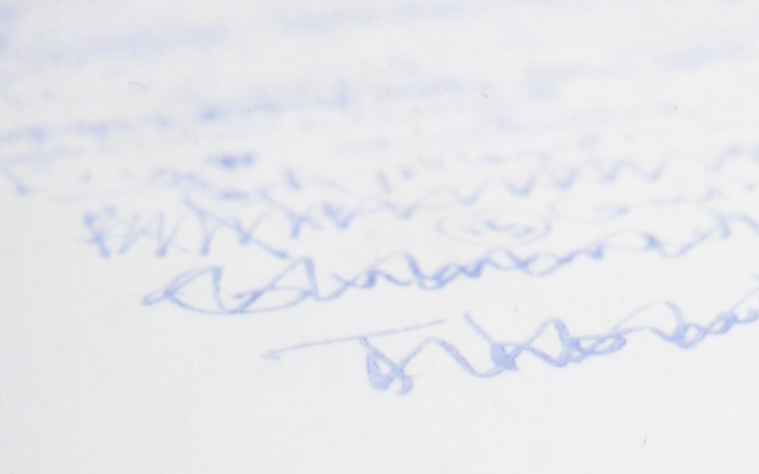The Missing Occasion of Saying Yes
Benjamin Friedlander
subpress, $16.00 (paper)
In what amounts to an “early collected poems of Benjamin Friedlander,” The Missing Occasion of Saying Yes covers a lot of territory without clearing a great deal of new ground, though it is also a welcome complement to an important body of work. This recent release from the subpress publishing collective brings together Friedlander’s work from 1984 to 1994, most of which has been unavailable for some time. Those familiar with Friedlander’s efforts as a critic and editor will find no great surprises here. Certainly, the same ingenuity and wit that made Simulcast invigorating is present in the strange, nonce technical features of these poems. Likewise, the poems’ tones are haunted by the literary materials with which Friedlander has worked so intimately, including texts by Robert Creeley, John Weiners, Larry Eigner, and—perhaps especially—Paul Celan. Still, the relationship between what Friedlander’s poems say and the way they sound is interesting in its own right. Consistently invested in the lyric, these poems are almost exclusively brief affairs, and at times the play of rhyme becomes so central as to resemble light verse: “’Twas a day, we / Pulled ourselves apart / ’Twas a lag, we / Followed from, with art.” The poem jangles even as it meditates on self-demolition. Allusions to canonical literature are also frequent. From another poet, this investment in tradition might have branded the whole as atavistic. As in Simulcast, however, Friedlander strives to breathe new (and freaky) life into styles otherwise démodé. In “Dim Sparse,” for example, he turns the gender trouble of love sonnet convention against itself, fracturing the “parts” traditionally fetishized in Petrarchan blazon so completely that they become barely recognizable: “The body’s surface seeks superficial praise, / a salvo in other accents found / farther up than I have looked.” Looking and praising remain crucial to Friedlander’s lyric project, though he aims to manage these traditional gestures in other accents. When it works, it is exciting. Even when it doesn’t, the failure feels like the noble sort inevitably produced by sincere experiment.








